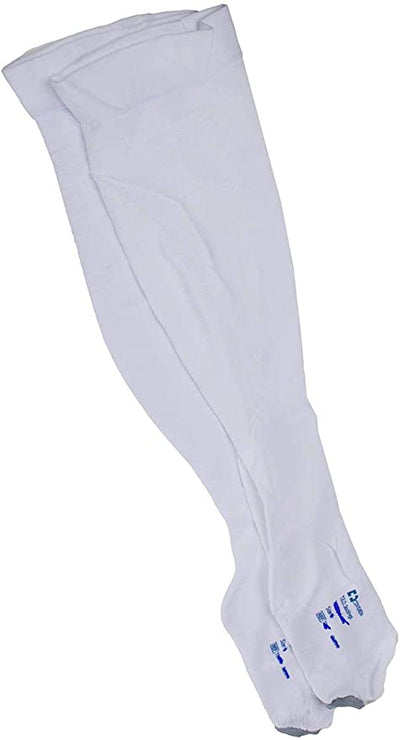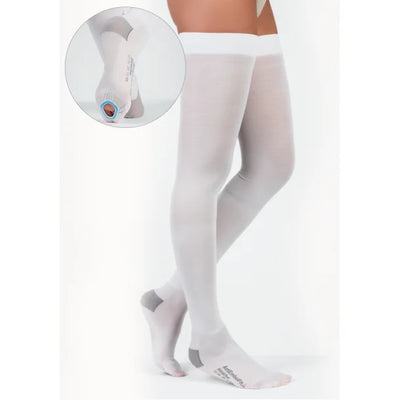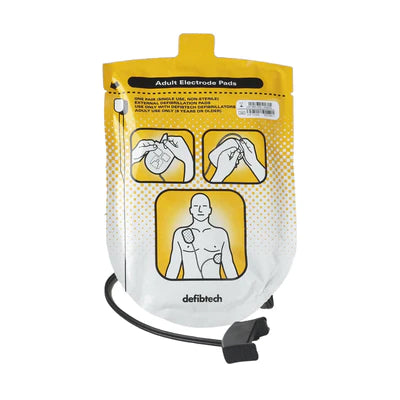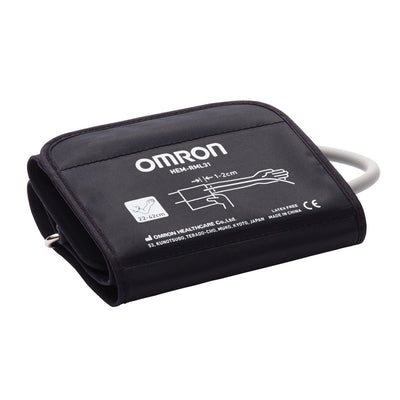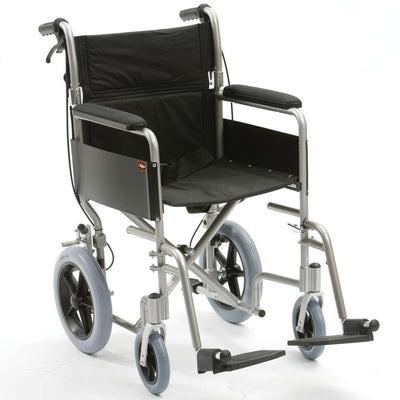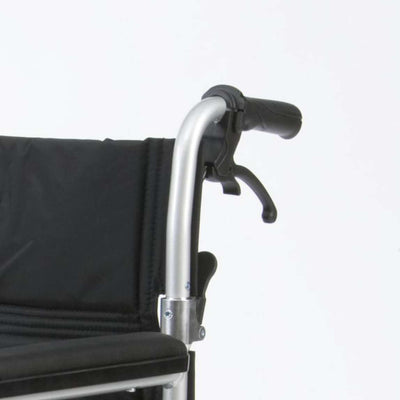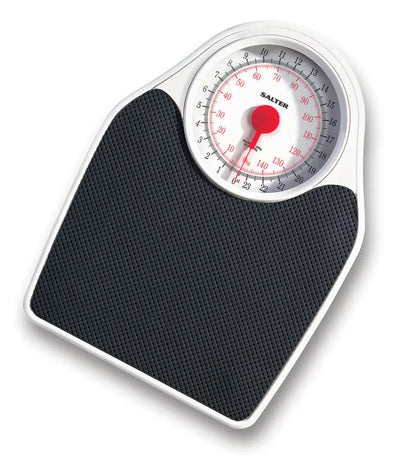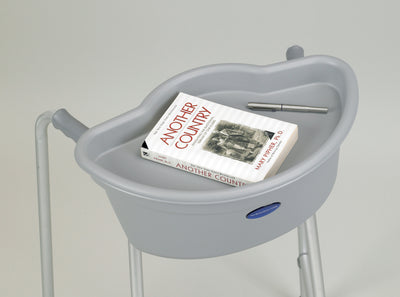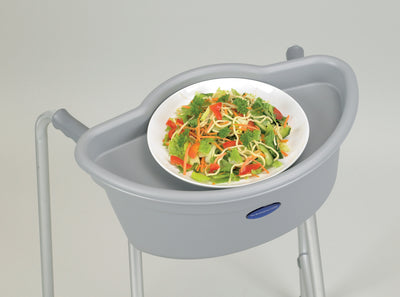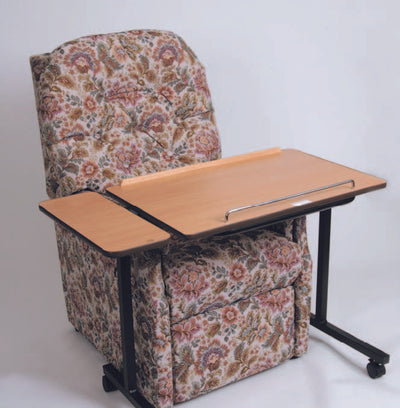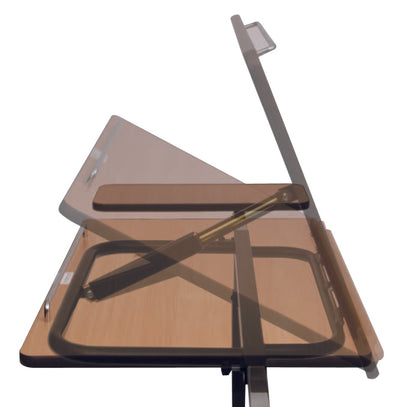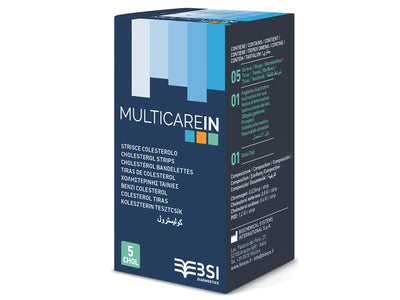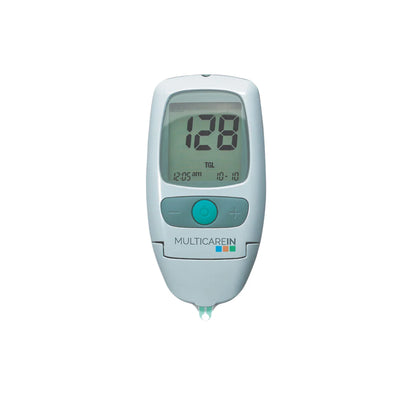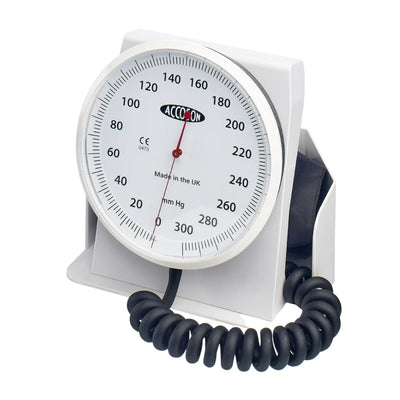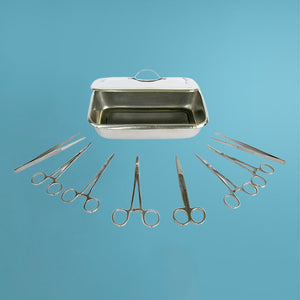Blogs
Explore the comfort and confidence that continence supplies bring, providing discreet and reliable solutions for a life without limits.

Let's talk about living with incontinence
24.10.2023
Let's talk about living with incontinenceOk, we know it's a subject that's off limits for many of us. It's embarrassing, it's messy and frankly it's something we would rather not talk about at all. Unfortunately, incontinence is a fact of life and can happen at any age. Young children frequently suffer from bedtime incontinence, it's not uncommon for women to develop stress incontinence after childbirth and the stats suggest that 1 in 5 adults over the age of 40 are living with an over active bladder that can sometimes lead to leakages both mild and not so mild.
Caring for someone with urinary incontinenceThe first word that comes to mind when faced with a family member struggling with incontinence is - compassion. Be as compassionate and understanding as you can. Caring for an incontinent family member can be challenging, to say the least. While you might get frustrated with them and with the difficulties of cleaning and changing them and their clothing etc, you will feel better to remember that they too are feeling the same frustrations and annoyance with themselves. Compassion and understanding always help.
Dealing with accidentsIf someone has an accident, then you should deal with it promptly and discreetly. It’s a good idea to have a change of clothing or bedsheets always at the ready - either in the house or in your car or bag if you're out and about. Being stuck with wet or soiled clothing and sheets will be incredibly uncomfortable for the patient and unpleasant for you and others too.Stock up on sanitary and incontinence pads. These are incredibly useful for people who struggle with bladder control, and allows them to go about their day relatively secure in the knowledge that they may have some leaks but remain dry on the outside. Again, having a good supply to hand at home or in the car or your bag is a good idea, as is sensitively reminding the patient to change themselves regularly if they are capable of doing so.It is possible that the patient will be unaware of their 'leaks', so you may need to inform them when you realise (remembering your compassionate voice) and discreetly take them to the bathroom to change without alerting others to what's going on to prevent any embarrassment for the individual.At home it would be a good idea to fit a waterproof bedsheet and even a waterproof pillowcase to protect beds from overnight leaks and accidents.
Schedule toilet breaksAs part of a daily routine, some people may benefit from scheduled trips to the bathroom. Setting an alarm to remind the patient to go to the bathroom at set times throughout the day or taking someone who might be less mobile or able to go themselves at regular intervals may help to reduce the risk of accidents. The routine of regularly nipping to the loo could start to 'train' the patient's bladder to go for slightly longer between trips and, despite the possible hassle, could drastically reduce the number of clearing-up scenarios you will both have to deal with.
Reduced Caffeine and Alcohol IntakeAs a means of prevention it's often advised that drinks with caffeine or alcohol should be reduced as they have strong diuretic effect, causing the individual's need to go to the toilet to become much more regular and pressing. While we are not suggesting these drinks should be totally removed from the patients diet (we know most of us do love a nice cup of tea), it might be worth considering reducing the amount in the run up to a trip outside or before bedtime for example. If you're taking an incontinent patient out for a shopping or social event, you might want to consider coming up with a shared 'code' word that allows you to both to communicate that it's time to urgently go to the bathroom or that a change is required. when you are both out and about.
Seeking Help for IncontinenceCaring can be a lonely and difficult job but you are not alone. If you find that you and your loved one are not coping with the incontinence then you should seek advice from your doctor, and ask about any incontinence support groups in your area, or a network of carers that can offer help and support.When treated early, incontinence is not a serious issue, and it does not need to limit a person’s quality of life. Many people with incontinence manage to keep it under control and even continue to play sport and live a busy and active life.Need more support? We're always here to help.For all your Medical and Homecare supplies give us a call at Mediworld.We have over 40 years experience in medical, surgical and home health supplies and we're always on hand to chat if you need support or advice. Follow us on Twitter and Facebook.
Learn More Now
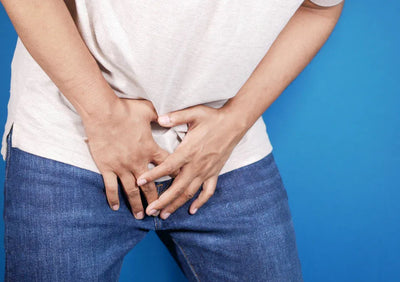
5 Ways to Stop Embarrassing Leaks
09.10.2023
It’s incredible to learn that, according to NHS figures, there are currently around six million people suffering from incontinence in the UK. While many of them will be elderly, urinary incontinence can and does affect men and women at all ages and stages of life.
And, as we discussed in a previous article on incontinence, living with or caring for someone with incontinence can be stressful and often embarrassing.
Seek advice from your GP so they can diagnose & begin treatment for your type of incontinence.
And follow our top tips for reducing those embarrassing leaks in everyday life:
Drink plenty of water
This might seem counterintuitive and we know that many people with urinary incontinence avoid drinking fluids, as they feel it causes more problems. However, limiting your fluid intake actually makes incontinence worse. This is because it trains your bladder to only cope with small amounts of liquid and reduces your bladder's capacity.
So, while it might seem like the ‘wrong’ thing to do you should try to drink 6 - 8 glasses of fluid a day (but no more) unless your doctor advises you otherwise. Avoid caffeine and alcohol as both of these can cause diuretic effects, increasing the need for frequent toilet trips.
Do pelvic floor exercises everyday
Pelvic floor exercises are very effective at reducing leaks - but only if you do them correctly. While pelvic floor exercises are mostly associated with women’s incontinence issues, it’s essential for men to keep toning these muscles as well. The NHS has some great resources and online exercises for men’s pelvic floor muscles.
Lose Excess Weight
Incredibly, losing weight, for some people, can hugely improve or even completely remove issues of urinary incontinence. Why? Because, when you’re carrying excess weight the pressure of fatty tissue that is bearing down on your bladder can weaken your pelvic floor muscles and cause incontinence.
So, losing that extra weight might be the miracle solution to your occasional embarrassing leaks. You might also find that your overall health and wellbeing start to look a lot better into the bargain.
Avoid Lifting
Lifting heavy objects (or even, in some cases, something as small as a kettle or light shopping bag) puts a significant strain on your pelvic floor muscles and if they’re weak they’ll struggle to do their job correctly. Weak pelvic floor muscles will result in unwanted leaks and lifting-induced incontinence.
Maintaining your pelvic floor exercises is crucial for keeping your bladder in good condition to allow you to do everyday tasks like these without anxiety.
As well as doing your daily exercises, when you do need to lift something you should consciously tighten your pelvic floor muscles beforehand and keep them tightened during the lift if you can. The more you practice this the better you will become at it.
Stop Smoking
The long-lasting effects of smoking can have a detrimental impact on so many areas of your health and wellbeing, including your chances of developing bladder incontinence.
Smokers are significantly more prone to regular coughing or bouts of unexpected coughing fits which put a huge strain on your pelvic floor muscles. The older we get, and the more pressure we put on those muscles, the more likely we are to experience bladder leaks when the coughing starts. So, that’s just another sensible reason to quit smoking today.
If you need more support with your urinary incontinence and would like support in finding the right incontinence pants or incontinence pads for extra peace of mind, we can help.
We're always here to help so get in touch today.
For all your Medical and Homecare supplies give us a call at Mediworld.
We have over 40 years experience in medical, surgical, mobility and home health supplies and we're always on hand to chat if you need support or advice and don't forget to read our other great health blogs!
April 2022
Learn More Now
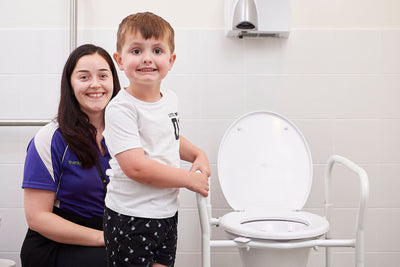
Care Home Essentials - Incontinence & Toileting
06.02.2024
As a Care home manager, or care home staff, you’ll know the importance of using good quality care home equipment to maintain the high standards of your home. While you’re responsible for the well-being of the elderly and vulnerable, as well as for maintaining peace of mind for their families and loved ones, you also need to make sure that you have the right equipment to offer the practical care that’s required.
While your home might offer specialist care needing specific equipment, here are the top Care Home essentials that you’ll need when dealing with incontinence, bathing and toileting so you can make sure your staff and patients have the care and resources they need.
Incontinence Products
Managing incontinence issues will constitute a fairly large part of the care offered. Maintain dignity in your patients with a plentiful supply of incontinence pads ready to use.
Bedding and mattress covers will also require regular changing so using waterproof mattress covers for bedtime incontinence will speed up this process.
Patients might also enjoy the benefits of a heated waterproof mattress cover which offers both protection and comfort for better sleep.
You will also want to fit your care home beds with waterproof mattresses to ensure they have a longer life. We offer 4 types of waterproof mattresses with various levels of thickness, comfort and affordability.
When making up bedding some patients might benefit from using waterproof pillow cases or wipe-clean pillows and pvc duvet covers.
For all-round comfort we recommend a memory foam pillow for residents who need extra spinal support for aches and pains. Or likewise a cervical pillow for a more comfortable night’s sleep that helps to relieve tension headaches, muscular spasms as well as aching neck, back and joint muscles.
Toileting & Bathing Products
Supporting bathing and toileting will be another area where extra supplies will make caring for the patient easier and more dignified. Assisted toileting products will be required throughout your care home.
Toilet products
Whether your patients are using their own en-suite bathroom or communal area toilets many will be able to use the toilet independently if you have provided a raised toilet seat which allows for easier sitting and standing up unaided. For added comfort a patient might prefer a padded toilet seat.
The next level of support for toileting might involve a raised toilet seat with frame for greater help with balance and sitting and raising from the toilet. Patients may be able to use this independently or with additional support from staff.
Shower Products
It’s very likely that most care home patients will require some support when showering. Standing and maintaining balance for long periods of time while also attempting to clean themselves will be challenging for most elderly or mobility impaired people so most care homes will provide some form of shower chair or shower stool.
These are usefully very mobile and can be shared amongst the bathrooms in the care home. If storage is an issue we would recommend a foldaway shower chair or a smaller, stackable shower stool.
And of course don’t forget to keep a plentiful supply of antiseptic wipes for hygiene purposes throughout the home.
Look out for Part Two of this blog to read about essential Care Home Health Monitoring Equipment
May 2023
Learn More Now
